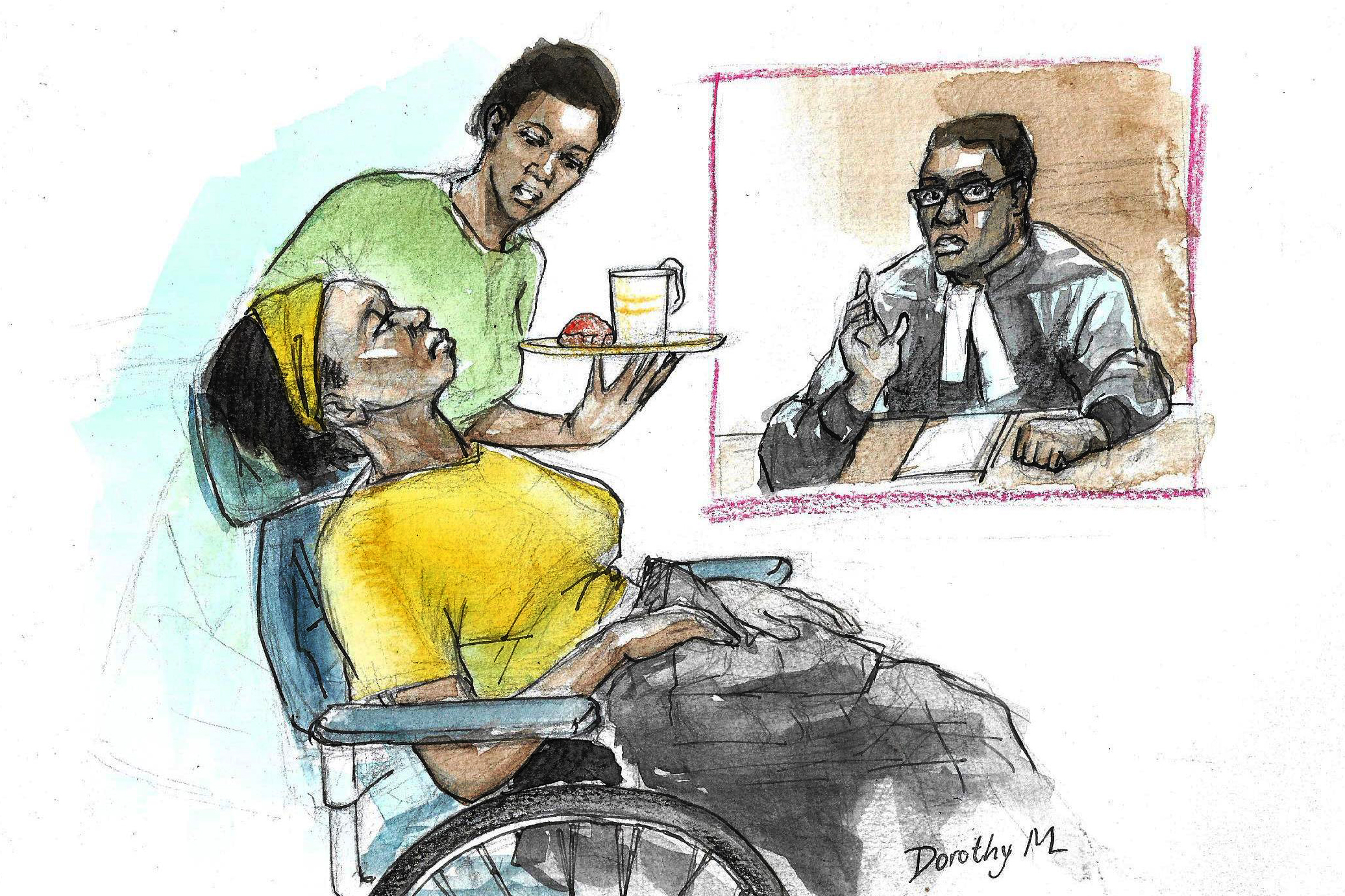Prime
Court faults surgeon

What you need to know:
- The amenities have been described as those satisfactions in one’s everyday experience, which flow from the blessings of an unclouded mind, a healthy body, and sound limbs.
Court believed a professor of Obstetrics and Gynaecology, who testified as an expert witness for a 49-year-old school teacher whose ureter and bladder were injured during an operation to remove her uterus.
The medical details of the surgery were not brought and presented to court, forcing court to rule that the patient’s ureter were negligently cut by an unknown medical professional.
Testimony
The professor had testified in details how an operation to remove a uterus ought to have been carried out as well as how the records should have been written and kept.
Court considered the professor a credible witness with an enviable experience and solid qualifications.
A specialist gynaecologist testified on behalf of the Attorney General, in an attempt to counter the evidence of the Professor.
To court, the gynaecologist’s evidence, though believable in some respects, unreasonably attempted to absolve the surgeon and Attorney General from any negligence.
Scientific evidence
Court, considering the scientific evidence before it, ruled that the person who performed the surgery, failed to isolate the organs properly and injuries resulted to the patient because of this gross omission.
To court, after the operation, the patient was moved from one hospital to another. The surgeon failed to do a proper diagnosis of the nature of injury the patient sustained during the medical operation.
Negligent
The post operation care, therefore, fell short of the reasonable care expected to be given to a patient who had suffered such injuries. Court had no hesitation in determining that, on the balance of probabilities, the surgeon was negligent during the performance of a total abdominal hysterectomy on the person of the teacher.
The fact that the patient signed the consent form to undergo the operation did not mean that she was consenting to negligence. In court it has been held that for consent to be a defence, the following criteria ought to be satisfied, namely:-
(a) The consenting party must have had knowledge and been aware of the nature and extent of the harm or risk,
(b) The consenting party must have appreciated and understood the nature and extent of the harm or risk
(c) The consenting party must have consented to the specific harm or assumed risk; and
(d) The consent must be comprehensive, that is extent to the entire transaction, inclusive of its consequences.
Lack of evidence
There was no evidence brought forward that any of the above requirements were met which, if met, would have absolved the surgeon and Attorney General from liability, arising from the consent form. To court, the school teacher had succeeded in proving her case.
The teacher had asked for the equivalent of $150,000 as general damages arising out of the surgeon’s negligence.
She told court that she suffered mental and emotional anguish, shock, pain and suffering that her mode of living was drastically affected by negligent cutting of her ureter and bladder.
To her the surgeon failed to provide timely and adequate care after she suffered the injuries.
In law the basic principle informing the award of damages is that the compensation to be awarded must, as far as possible, place the injured person in a position that the person would have been in but for the injury.
Courts have been guided by the principle that although the law attempts to repair the wrong done to a person by monetary compensation, there are no scales by which pain and suffering ca n be measured.
Pain and money
There is no relationship between pain and money which makes it possible to express one in terms of the other with any approach to certainty.
The amount of money to be awarded as compensation can only be determined by the broadest general considerations and the figure arrived at must be what is fair in all circumstances of the case.
General damages are broad and multifaceted. Amenities of life, just like pain and suffering and emotional shock form part and parcel of general damages.
Such damages, as pleaded, are general as opposed to special damages.
The amenities have been described as those satisfactions in one’s everyday experience, which flow from the blessings of an unclouded mind, a healthy body, and sound limbs.
The amenities of life derive from such simple but vital functions and faculties as the ability to walk and run, the ability to sit or stand unaided, the ability to read and write unaided, the ability to bath, dress, feed oneself unaided, and the ability to exercise control over one’s bladder and bowel.
It is upon these that self-sufficiency, happiness and dignity of a human being lies. The loss of amenities of life has been described as a diminution in the full pleasure of living.
General damages
General damages are legally presumed to flow from an unlawful act or breach of contract and thus require to be pleaded.
They, however, fall within the judicious discretion of the court. And when assessing general damages, it is pertinent that comparable awards from similar cases be taken into consideration, although each case is individually unique bearing the circumstances.
The changes in the value of money ought to be taken in consideration when awarding damages but an award for general damages leans towards conservatism rather than liberality.
To be continued
She suffered emotional anguish.
Dr Sylvester Onzivua
Medicine, Law & You




